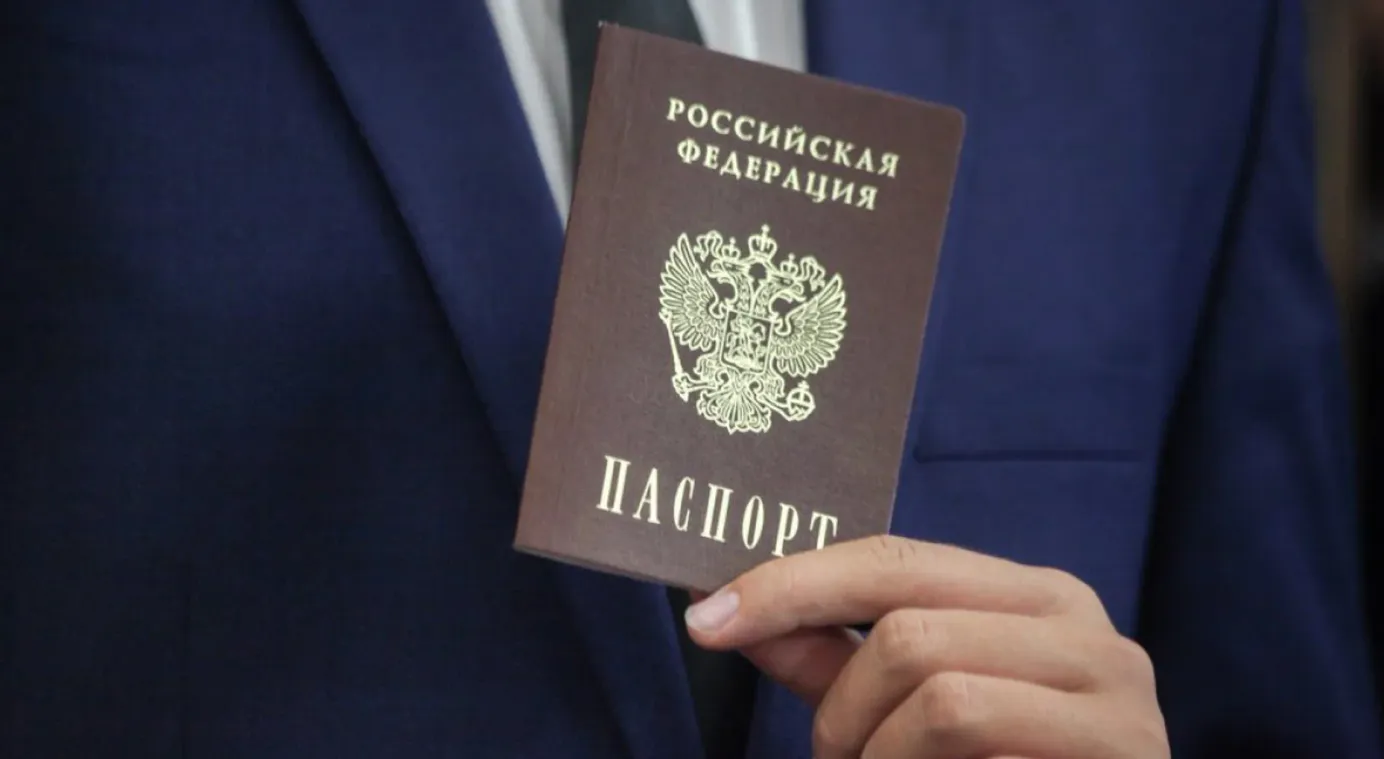
Europe’s last land border closes to Russian tourists
Norway has announced that it is closing its land border with Russia, the last remaining land crossing to Europe that was open to Russian tourists. During the 2022 mobilization, this was a popular way for Russians who did not want to be forced into the war to leave the country.
- From May 29, Norway will ban entry for Russian citizens traveling as tourists and “non-essential” purposes. Exceptions may be possible for those traveling to visit close relatives, for work or study. The Norwegian government said the new restrictions were needed to support its allies in their response to Russia’s war in Ukraine.
- Norway was the last European country bordering Russia that had not closed its borders to Russians traveling only on tourist visas. Although Norway is not an EU member, it is part of the Schengen visa-free zone, meaning once in Norway, Russians were free to travel onwards to most other countries in Europe.
- The decision could have implications for Russians trying to flee military call-ups. When Vladimir Putin announced a partial mobilization in September 2022, tens of thousands of men immediately tried to leave the country, triggering prices for air tickets to rocket and huge lines at Russia’s land borders with Georgia and Kazakhstan. Suddenly, the remote northern Norwegian border turned into an unexpected escape route: with a simple tourist visa for any Schengen country, it was enough to spend $100-$300 on a ticket from Moscow to Murmansk, then ride a couple of hours to the Norwegian border on a bus. A few hours after that, you could be in Oslo, able to fly to almost anywhere in Europe. Now this route will no longer be possible.
- All other European countries that border Russia — Estonia, Latvia, Lithuania and Poland — had long ago closed their borders to Russian tourists.
Why the world should care
The FT reported a figure close to the Russian military saying that by the end of 2024 or beginning of 2025 another round of mobilization would be “inevitable.” When it does happen, this time it will be far harder for men to get away than it was in 2022 — Russia’s repressive new conscription legislation, the creation of a digital register of call-ups and Europe’s border closures will see to that.




